Guess Who Faced This?
Ever get that gut-punch feeling when you learn someone amazing has secretly been carrying a heavy burden? That’s exactly how I felt the first time I found out about the number of famous people with Huntington’s Disease. You’d think life on a stage or in the spotlight would keep stuff like this away… but nope, genes don’t care about red carpets.
It’s wild: around 1 in every 10,000 people finds themselves tangled up with Huntington’s. Yet as hidden as it seems, its impact runs deep—even in superstar families and creative circles you’ve definitely heard of. Curious who? Let’s walk through some powerful, inspiring, and honestly heartbreaking stories—because these aren’t just “cases.” These are real people, real struggles, and real hope for everyone who needs it.
Music Legends & Family Battles
Woody Guthrie: The Soundtrack of Resilience
You know those songs you learned as a kid? “This Land Is Your Land”? Woody Guthrie wrote that. What I didn’t know until embarrassingly recently is that he spent years fighting Huntington’s disease—long before doctors really got what it was. Imagine being nicknamed the “Dust Bowl Troubadour,” writing music that lifted up an entire generation… and then watching your own body rebel, bit by bit.
Woody’s story isn’t just about loss. It’s also about grit, stubbornness, and, weirdly, humor—like his habit of scribbling lyrics in hospital beds, hands trembling but his mind still rolling with melody. His creative spark outlasted the disease in so many ways. Even today, ask any folk singer: Woody’s presence is felt on every stage. His son Arlo keeps the music alive, which I think is beautiful. Want to know more about what famous person died of Huntington’s Disease and why their legacy still matters? Woody’s a great place to start.[3]
Marjorie’s Mission: Turning Grief Into Action
Here’s something oddly comforting: pain can be a launchpad. Woody’s wife, Marjorie, pretty much refused to let their family story end in tragedy. She started placing tiny ads in newspapers, gathering a handful of families—just moms and dads, siblings, anyone facing the same mystery illness. It grew into the Committee to Combat Huntington’s Disease, now known as HDSA, which supports thousands of families. All because she couldn’t just sit back and watch. Every big movement starts small… and oh, how far it’s come.[3]
:max_bytes(150000):strip_icc():focal(727x158:729x160)/Michael-Fox-Alan-Alda-Ozzy-Osbourne-101223-TOUT-1dc2a203d6154590af0646f78055d517.jpg)
Lights, Camera, Complicated Lives
Marianna Palka: Breaking the Mold on Netflix
Have you watched “Glow” on Netflix? Actress Marianna Palka isn’t just strong on-screen. After losing family members to Huntington’s, she learned in her twenties that she carried the gene, too. Instead of hiding it, she did something breathtaking—she filmed her own journey in “The Lion’s Mouth Opens,” an award-winning short that might make you ugly-cry (I did!). She turned personal grief into art, starting big, real conversations about what it means to carry a genetic time bomb.[1][2]
Her Honesty, Her Power
Personal moment: watching her documentary made me rethink how brave someone can be. It isn’t just about dealing with symptoms—sometimes it’s about looking your future in the face, letting others see the real, unedited, messy you, and saying, “Come on. Let’s talk.” If you want to really understand the emotional side, her story is a must-see.
Trey Gray: Drumming On Through
Trey Gray, drummer for Brooks & Dunn, was just hitting his stride in the late ’90s when the family history caught up with him. After seeing his mother and uncle diagnosed, he got tested—positive. Here’s what knocks me out: Trey kept playing. He talks openly in interviews about gratitude, music, and living each day like it’s borrowed (because, let’s be honest, isn’t that true for all of us?).
His willingness to speak out, keep gigging, and laugh at what he can… that’s worth cheering for. There’s something universal in his story: setbacks are certain, but stopping? Not so much.
More Than Celebrities: Family Stories
The Pryce Sisters: A Family Portrait
Real talk—sometimes, the most famous people with Huntington’s Disease aren’t household names. Jim Pryce’s battle didn’t ever make him a household celebrity, but his story hits home. His daughters, Kim and Erin, watched their dad change slowly… personality shifts, small hand tremors, then increasing challenges. Like so many, it started with confusion, misdiagnosis, and eventually the realization: their family legacy included Huntington’s.
The part that sticks with me? The sisters wrestled with whether to get tested themselves—a total coin toss with their own futures (each child of an affected parent has a 50% risk). Lots of families dealing with what famous person died of Huntington’s Disease stories end up facing that same mind-bending choice: do you want to know? Would you get tested, or live with uncertainty?
:max_bytes(150000):strip_icc():focal(948x619:950x621)/Kelsey-Mayfield-Scott-Porter-050925-31cbe8bbdd154dcfb546c5a7ac5f0b6d.jpg)
How They Coped, Together
Jim’s family, like many, threw themselves into both care and research. There were good days, tough days, laughter—sometimes through tears. They stand as a reminder that you don’t have to be famous to have a wildly impactful story, or to inspire change in your corner of the world.
Athletic Grit Against the Odds
Tommy Tolleson & The Power of Sport
Let’s be honest: seeing someone excel physically, then face a progressive illness… it’s tough. Golf pro Tommy Tolleson—a name known especially in sports circles—kept competing even as Huntington’s invaded his daily routine. Imagine playing golf, something that takes insane coordination and concentration, while your own hands start to betray you.
He didn’t just fight the symptoms; he mentored young players, using every ounce of his personal struggle as added wisdom. Want further proof that athletics and Huntington’s are a thing? Check out Athletes with Huntington’s disease for more inspiring faces. It might surprise you how many competitors turn this diagnosis into a form of motivation.
What Changes, What Remains
One cool trick I picked up from Tommy’s approach? Incorporate gentle, mindful movement and focus on community. Even when your original routine is out of reach, there’s always a way to keep moving—sometimes, literally, sometimes symbolically. That lesson translates beyond sports, right?
The Quiet Advocates & Hidden Fighters
Behind the Scenes: Nancy & Leonore Wexler
You might never see Nancy Wexler on magazine covers, but trust me, she’s a rockstar in the world of Huntington’s. A world-class geneticist (and, yes, someone who inherited the gene herself), she’s spent decades studying the disease, tracking families across generations, and helping scientists actually find the faulty gene responsible for HD. Imagine staring down your own diagnosis while working to save millions. That’s next-level courage.[1]
And what about Leonore Sabin, not just a patient but also a leading advocate—she never stopped pushing for more research, helping set up the Hereditary Disease Foundation. It’s humbling to realize how many of these “hidden” names changed the landscape of research for all of us.

Why Early Detection Changes Everything
Some stories, like that of mathematician Webster Wells, highlight the value of paying attention to symptoms and seeking answers. Early intervention can buy precious time… and yes, it can mean better quality of life. Know your options; these pioneers would want you to.
Why These Stories Matter (To All of Us)
Not Just Famous—Human
Heads up: Huntington’s isn’t picky. It doesn’t stop for talent, status, or fame. Every time we learn about another athlete, musician, or scientist who’s faced the illness, it’s a reminder that the struggle is universal, but so is the potential for resilience. Maybe you see yourself in these stories, or maybe someone in your family tree carries this secret weight.
There are so many folks out there quietly fighting, building support networks, raising funds, and keeping conversations alive. Julie Andrews, for example—no, she doesn’t have Huntington’s, but she’s spent years leading advocacy efforts and supporting fundraising for research. The more people talk, the less anyone faces this alone.[5]
What About the Rest of Us?
So, where does that leave regular people? That’s easy: It leaves us with the job and the privilege of sharing experience. There’s a real magic in community—ask anyone who’s attended a Huntington’s support group or joined a fundraising walk. If you’re wrestling with the question of what famous person died of Huntington’s disease or searching for role models, know you’re probably closer to answers (and hope) than you think.
Takeaways & Next Steps: Find Your Own Courage
If you’ve made it this far, here’s what I hope you walk away with: famous people with Huntington’s Disease are… well, just people, cracked open by challenge but still vibrant with personality. Their stories are not about giving up, but about living fully, often with humor, even as pieces of themselves slip away.
So—take a cue from Woody, Marianna, Trey, and all the rest. Share what you learn. Ask about family health history. Connect with others (online or off). If you’re in sports and looking for hope, you’ll love the stories over at Athletes with Huntington’s disease. If family legacy is on your mind, start those important conversations now; genetic counselors are there to listen and guide you. There’s no shame in wanting answers.
You’re not alone in this. Thousands of families have turned fear into fuel—building communities, sparking research, even starting movements that reach around the globe. And honestly? That’s what makes the most famous people with Huntington’s Disease unforgettable. Their battles shine a light, so we don’t have to struggle in the dark. So… what will you do with what you’ve learned today?

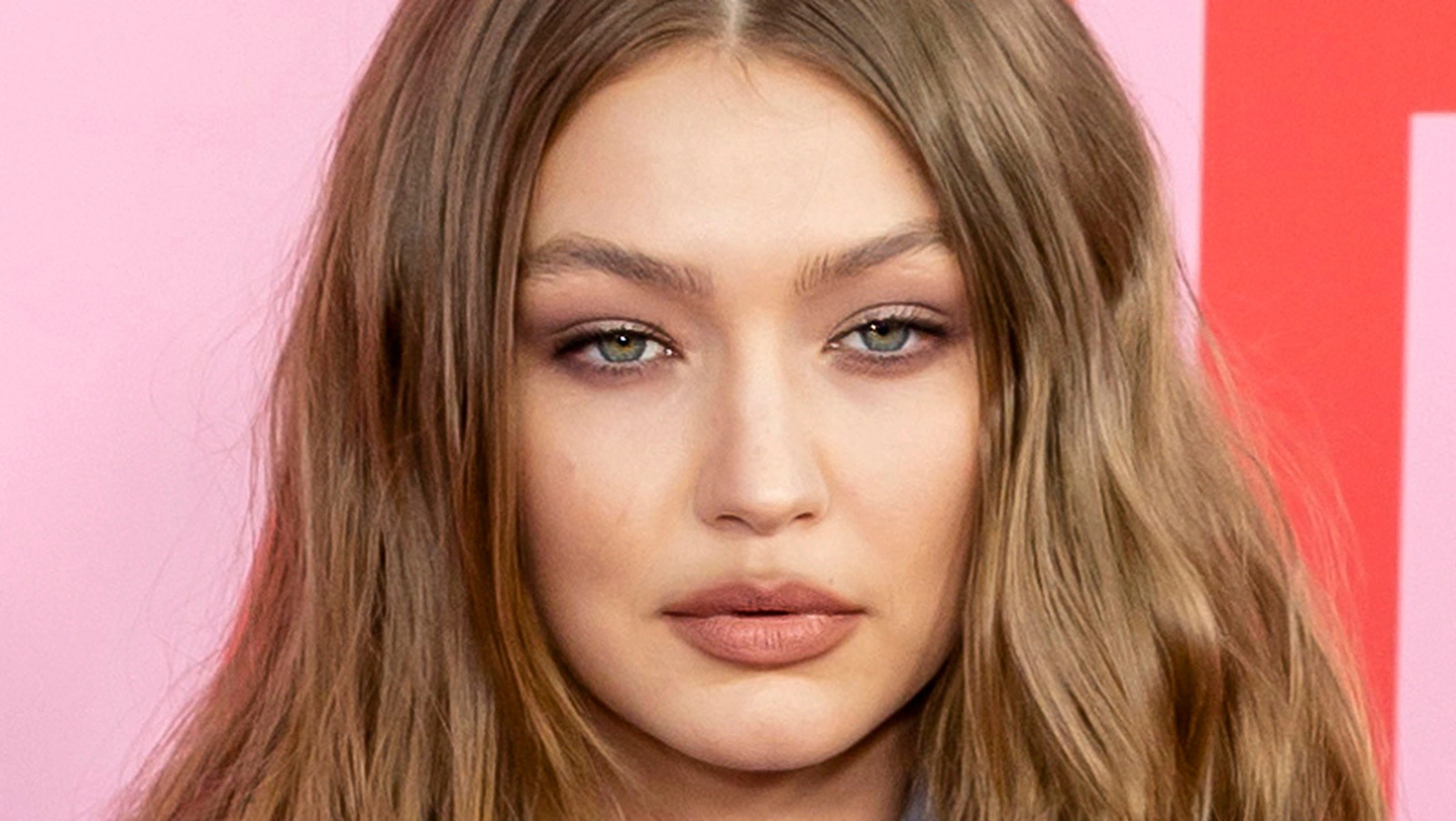

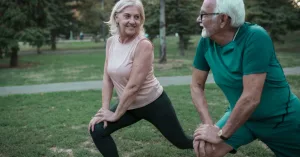


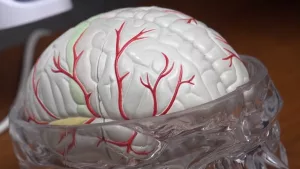
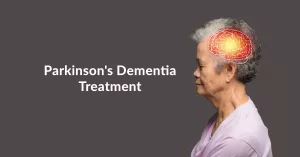
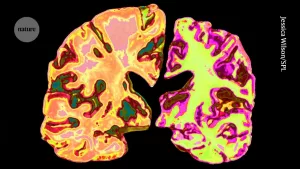

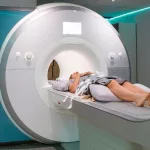




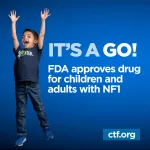


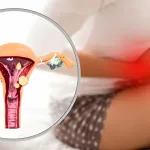


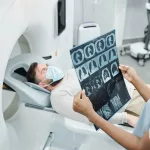

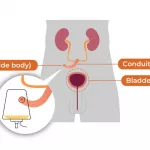

Leave a Reply
You must be logged in to post a comment.